This comprehensive 1200-word guide will take you on a journey through the e-commerce platform landscape, helping you understand the key factors to consider when choosing the ideal platform for your business needs.
The E-commerce Revolution
The e-commerce revolution has transformed the way we shop, with online sales accounting for a growing share of retail transactions. This chapter explores the rise of e-commerce, its impact on traditional retail, and the benefits of establishing an online store.
Types of E-commerce Platforms
E-commerce platforms come in various forms, catering to different business models and industries. This chapter delves into the three main types of e-commerce platforms: hosted, self-hosted, and open-source, highlighting their advantages and limitations.
Essential Features to Look For
Selecting the best e-commerce platform involves considering a range of essential features and functionalities. This chapter provides an in-depth overview of key features such as payment gateways, mobile responsiveness, security, and scalability.
Top E-commerce Platforms
A closer look at some of the leading e-commerce platforms is the focus of this chapter. We explore the strengths and weaknesses of platforms like Shopify, WooCommerce, BigCommerce, Magento, and others, helping you make an informed decision.
Customization and Design
The visual appeal and functionality of your online store are vital for attracting and retaining customers. Learn about the customization options available on different platforms and the importance of responsive design.
Pricing and Costs
Cost considerations play a significant role in selecting an e-commerce platform. This chapter examines the pricing structures of popular platforms, including subscription fees, transaction fees, and additional costs.
User-Friendliness and Support
An intuitive user interface and reliable customer support are crucial for managing your e-commerce store effectively. Discover which platforms offer user-friendly dashboards and excellent customer support options.
SEO and Marketing Capabilities
E-commerce success relies on effective marketing and SEO strategies. This chapter explores how various platforms support SEO optimization, content marketing, email marketing, and other promotional efforts.
Inventory Management and Fulfillment
Efficient inventory management and order fulfillment are vital for e-commerce businesses. Learn about the inventory features offered by different platforms and integration options with third-party fulfillment services.
Security and Compliance
Protecting customer data and ensuring compliance with industry regulations is paramount in e-commerce. This chapter discusses the security measures implemented by e-commerce platforms and their adherence to legal requirements.
Scalability and Growth Potential
Your e-commerce platform should grow with your business. Understand how various platforms accommodate scalability and whether they offer enterprise-level solutions for future expansion.
Third-Party Integrations
Integrating your e-commerce platform with other tools and services is essential for optimizing your business operations. Explore the availability of third-party integrations on different platforms.
User Reviews and Case Studies
Hearing from businesses that have successfully implemented e-commerce solutions can provide valuable insights. This chapter includes user reviews and case studies highlighting real-world experiences with different platforms.
Transitioning to a New Platform
If you’re considering migrating to a new e-commerce platform, this chapter offers guidance on making a smooth transition while minimizing disruptions to your business.
Future Trends in E-commerce
E-commerce is an ever-evolving industry. This chapter explores emerging trends, such as AI-powered personalization, augmented reality shopping experiences, and the impact of mobile commerce.
Final Considerations and Recommendations
As we wrap up this guide, we offer final considerations and recommendations to help you make an informed decision on the best e-commerce platform for your unique business needs.
Glossary of E-commerce Terms
To aid in your understanding of the e-commerce landscape, this chapter includes a glossary of key terms and concepts discussed throughout the guide.
In choosing the best e-commerce platform is a pivotal decision for any online business. It involves a thorough evaluation of your specific requirements, budget constraints, and long-term goals. Whether you’re an aspiring entrepreneur or a seasoned business owner, this guide equips you with the knowledge needed to navigate the best ecommerce platform landscape, empowering you to make the right choice and embark on a successful e-commerce journey.
Which platform is best for ecommerce website?
Selecting the best e-commerce platform for your website depends on various factors, such as your business’s specific needs, budget, and technical expertise. Several platforms are popular and highly regarded for their features and versatility. Shopify is often considered one of the best options due to its user-friendly interface, scalability, and extensive app store. It’s suitable for businesses of all sizes and offers customizable themes and features to match various niches.
What is the #1 ecommerce platform?
When it comes to determining the #1 e-commerce platform, there isn’t a single definitive answer. The title of the top e-commerce platform can vary depending on different factors like market trends, user preferences, and business requirements. Shopify is frequently recognized as one of the most prominent platforms due to its widespread use and robust features.
What are the best ecommerce to sell?
The best e-commerce platform for selling products online depends on your specific niche and target audience. While Shopify, WooCommerce, Magento, and BigCommerce are popular choices, the ideal platform will align with your business’s unique characteristics and goals. For example, if you’re selling handmade crafts, a platform like Etsy might be an excellent fit due to its focus on creative and artisanal products.
What ecommerce platform is best for a small business?
For small businesses, finding an e-commerce platform that is simple to use, cost-effective, and scalable is crucial. Shopify offers a Lite plan that can be budget-friendly and suitable for businesses with limited inventories. Other options like Wix and Squarespace also provide user-friendly interfaces and e-commerce capabilities designed for smaller enterprises.
In summary, the best e-commerce platform depends on your specific business needs and goals. It’s essential to assess factors like your target market, product offerings, budget, and technical expertise to choose the platform that will help your business thrive in the online marketplace.
eCommerce, How much does it cost?
eCommerce, How much does it cost? – Making profits with your existing website design or creating a new online store can be exciting, affordable and most of all; rewarding. Mmmm . . . that’s what the last sales guy told me.

What is eCommerce (or selling via the Internet)? It is similar to selling through a physical building’s business storefront, with one big difference: the costs for eCommerce are lower. The lower costs alone make it a lot more affordable for someone to start up a business or expand their storefront business onto the Internet.
So, the cost to do online business depends on how much time and effort you are able to put in and the eCommerce developer you choose to work with. Generally, developers should try to enable their clients to be as independent as possible in areas such as daily site updates, processing online orders, customer feedback and low or no cost (best ecommerce platform) online marketing.
Hosting costs are determined by: the amount of 1) server space you require for product photos, e-mail accounts, and 2) bandwidth – the more customers that visit your store, the more bandwidth you will require. Typically an online store setup may cost $15 to $90 per month for hosting.
Other costs include online store program and designing the storefront. There are many programs to choose from with some being free to some costing thousands. As with anything you buy, you do get what you pay for. Clients like to use online store setups that are easy for them to use when they need to do product updates and simple design changes. That way the initial higher cost for the client’s online store will be offset by ease of use and low maintenance costs to operate over the long term.
Next we have graphical design costs, that can range best ecommerce platform for a pre-designed store template to a built from scratch setup that can cost $500 and up. If you have only a few products I would suggest starting with the pre-designed store template as the cost is low and the look is quite professional, with only a small amount of time required to input text and make some minor modifications to suit your requirements. If you have quite a few products and they are quite different from each other, you may incur more cost to develop the graphic design as each product category will have a look designed just for that category.
Finally, we need to open up the store for business: market the store and bring in some customers to buy the products. As mentioned earlier, there is no-cost marketing that can be done. For example, the site can be submitted to the primary search engines, adding the store listing to online directories that are relevant to the product or service, and exchanging store links with other sites that are similar but not direct competition.
What are we selling? When your starting out with a new product, try to stay with a unique product that is light in weight, as shipping costs are often overlooked in starting up an online business. If you already have existing products to sell, revisit shipping costs and see where you can find savings.
I find most business owners sell what they are most passionate about. Some of your present hobbies or interests could sell as the end product, as items purchased by other people. Some of the most successful online stores are a result of one’s passion and desire to share their dream with others and if done logically and thoughtfully with a good web developer, can result in financial rewards at a low investment cost through an online store. More.


